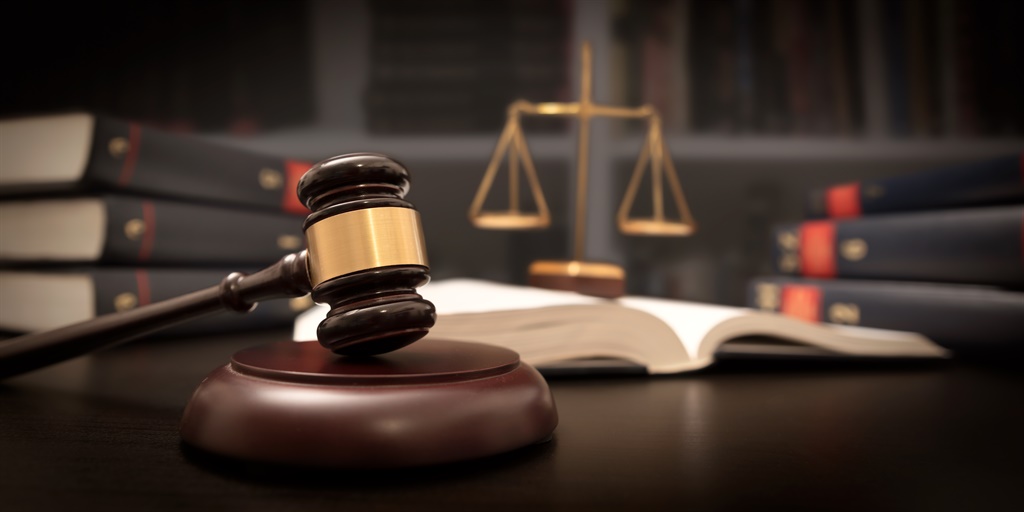


Many lawyers have no idea whether their cases can or even may go ahead. Picture: iStock
NEWS
Confusion has reigned supreme in the high courts since the beginning of the Covid-19 coronavirus lockdown.
Many lawyers have no idea whether their cases can or even may go ahead.
While criminal prosecutions have come to a standstill, technological problems mean civil cases are continuing sporadically, even though more judges are now available to hear these cases.
Advocate Craig Watt-Pringle SC, the chairperson of the General Council of the Bar, which a few thousand advocates across the country belong to, said the lockdown had turned the high court system on its head because carefully considered guidelines to help the system deal with the circumstances were not provided.
“Every division [of the high court] does its own thing. There is no coordination.”
There are no details about which judges are complaining about equipment, nor are there any specifics about which courts are battling to operate under the lockdown.
Nathi Mncube, the spokesperson for the office of the chief justice
Some courts had resources to conduct remote hearings, others did not, he said.
“A general problem is that people do not know what is going on – whether their case can or may be heard.”
Certain advocates dealt with matters in various high courts, but the practice directives for the courts differed.
“Judges have to work under very difficult circumstances and the whole legal system is straining under this. Judges and their clerks need the necessary hardware and software,” said Watt-Pringle.
“Some of them [the judges] have told me: ‘We are doing the best we can.’ Many judges have a ‘can-do’ attitude under the lockdown, but others simply sit back with their arms folded.”
For some judges, it was also a matter of principle not to use their personal computers for hearings if the state did not supply them with computers with webcams.
“One judge, for example, said he would not buy his clerk data,” Watt-Pringle said.
In contrast, some judges are prepared to borrow computers from attorneys for hearings.
Watt-Pringle said he suspected that certain judges lacked a work ethic.
One example was a hearing that was conducted via the videoconferencing platform Zoom, but which was cut off after 40 minutes because the judge’s clerk had the unpaid version of the program. An attorney involved in the matter then made his “premium” version available for the hearing to continue.
Even though judges previously responsible for criminal prosecutions had now been tasked with handling civil matters, very few of these cases were being heard in certain courts, said Watt-Pringle.
On May 22, he wrote a letter to Chief Justice Mogoeng Mogoeng and the minister of justice and correctional services, as well as the judge presidents and deputy judge presidents of the country’s high courts, on behalf of the general counsel of the bar.
Judges have to work under very difficult circumstances and the whole legal system is straining under this. Judges and their clerks need the necessary hardware and software.
Advocate Craig Watt-Pringle SC
In the letter, Watt-Pringle said the bar council understood the complex situation occasioned by the lockdown and wanted to help find solutions.
Various high courts were not faring as well as they should under these circumstances, the letter said.
Those that were doing well were making use of electronic exchanges of papers and virtual video hearings instead of “live hearings” in the courtroom.
Other courts complained that they did not have the necessary computer and information technology to provide for such hearings.
Nathi Mncube, the spokesperson for the office of the chief justice, said they could not respond to the bar council’s letter if it contained broad, general statements.
“For example, there are no details about which judges are complaining about equipment, nor are there any specifics about which courts are battling to operate under the lockdown. “For example, the letter states that there is very little consistency in the effectiveness with which the divisions of the high court are functioning. But what are these inconsistencies?”
Another senior counsel, who wanted to remain anonymous, said the problem was insufficient leadership at senior level – which was why the courts had been left to their own devices to try to manage during the lockdown.
|
||||||
   |


